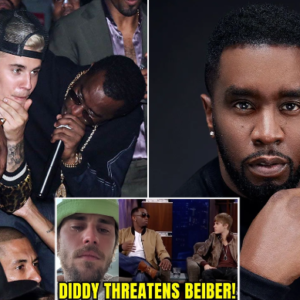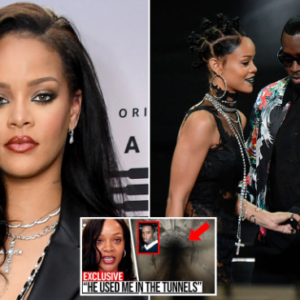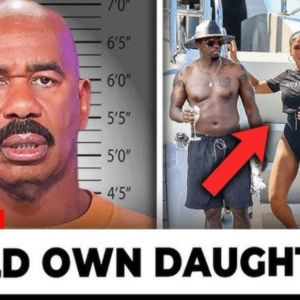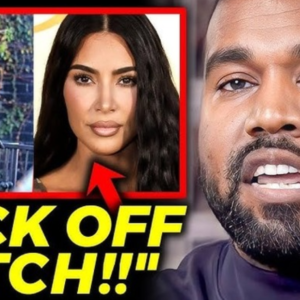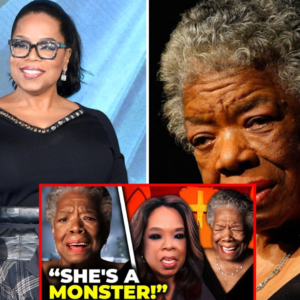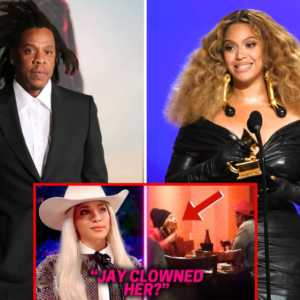In a sensational turn of events that has captivated audiences, comedian Dave Chappelle has thrown the spotlight on the often murky waters of celebrity influence, specifically targeting media mogul Oprah Winfrey. During a recent stand-up special, Chappelle made headlines by alleging that Oprah serves as a “handler” for prominent figures such as Bishop T.D. Jakes and hip-hop mogul Sean “Diddy” Combs. This bold claim sent shockwaves through social media and ignited heated discussions about power dynamics within the entertainment industry, as Chappelle is known for his unfiltered commentary on societal issues.
Chappelle’s remarks came during a segment of his performance where he deftly navigated the complexities of celebrity culture, delving into themes of manipulation, influence, and the ways in which powerful figures can shape narratives. His assertion that Oprah, a figure synonymous with empowerment and inspiration, has a hidden role as a handler raises eyebrows and prompts inquiries into the true nature of relationships between influential media personalities and those in the limelight. Oprah’s long-standing relationships with various celebrities, particularly men in positions of power, have often led to speculation about the extent of her influence in their careers and public personas.

The focal point of Chappelle’s critique lies not only in the careers of T.D. Jakes and Diddy but also in the broader implications of what it means to be a “handler.” By labeling Oprah in this way, Chappelle taps into a deeper conversation about trust, authenticity, and the potential for manipulation in personal and professional relationships. T.D. Jakes, known for his dynamic preaching and entrepreneurial ventures, has garnered a massive following, influencing countless individuals through his faith-based messages. Meanwhile, Diddy, a titan in the music industry, has also faced scrutiny for his business practices and personal relationships. Chappelle’s comments suggest a network of influence that goes beyond friendship, delving into the potential for control and management of public personas.
The repercussions of these statements are profound. Oprah, a revered figure for many, has long been seen as a guiding force in the lives of those she mentors or supports. Her philanthropic efforts and media endeavors have made her a role model for aspiring artists and public figures alike. However, Chappelle’s exposé challenges that narrative, suggesting that the relationships she fosters may be rooted in a more complex power dynamic. The suggestion that she plays a dual role—supporting yet simultaneously controlling the narratives of others—complicates the public’s perception of her and expands the dialogue around celebrity relationships.
Audiences are left to grapple with the implications of Chappelle’s assertions. Many fans of his comedy appreciate his willingness to tackle unsettling truths, often laced with humor. However, the gravity of the claims regarding Oprah raises serious questions about the ethics of power in the entertainment industry. Are these “handlers” truly advocates for those they support, or do they have a vested interest in the control of narratives for their own benefit? Chappelle’s provocative comments invite listeners to consider the layers of complexity hidden beneath the surface of fame and influence.

Moreover, the conversation extends beyond Oprah, T.D. Jakes, and Diddy. It touches upon the structure of the entertainment industry itself, where relationships can often be transactional, and alliances shift depending on public perception and career trajectories. The line between mentorship and manipulation can easily become blurred, leading to questions of authenticity and integrity.
As social media erupted with reactions to Chappelle’s routine, fans and critics alike engaged in a broader discussion about celebrity culture and its impact on society. Some defended Oprah, arguing that her contributions to the empowerment of others far outweigh any questionable dynamics, while others echoed Chappelle’s sentiments, advocating for a more critical examination of those in positions of power.

In the end, Dave Chappelle’s provocative comments serve as a catalyst for a much-needed conversation about the ethics of influence, power dynamics, and the complexities of celebrity relationships. By exposing the intricate web of connections between iconic figures, he encourages audiences to think critically about the narratives that shape our understanding of fame and success. Whether or not one agrees with his characterization of Oprah, T.D. Jakes, and Diddy, there is no denying that Chappelle’s insights resonate deeply in an age where visibility and influence can often mask deeper complexities. The conversation surrounding celebrity “handlers” is far from over, and as fans continue to engage with these ideas, Chappelle has once again proven the power of comedy to provoke thought and challenge the status quo.
